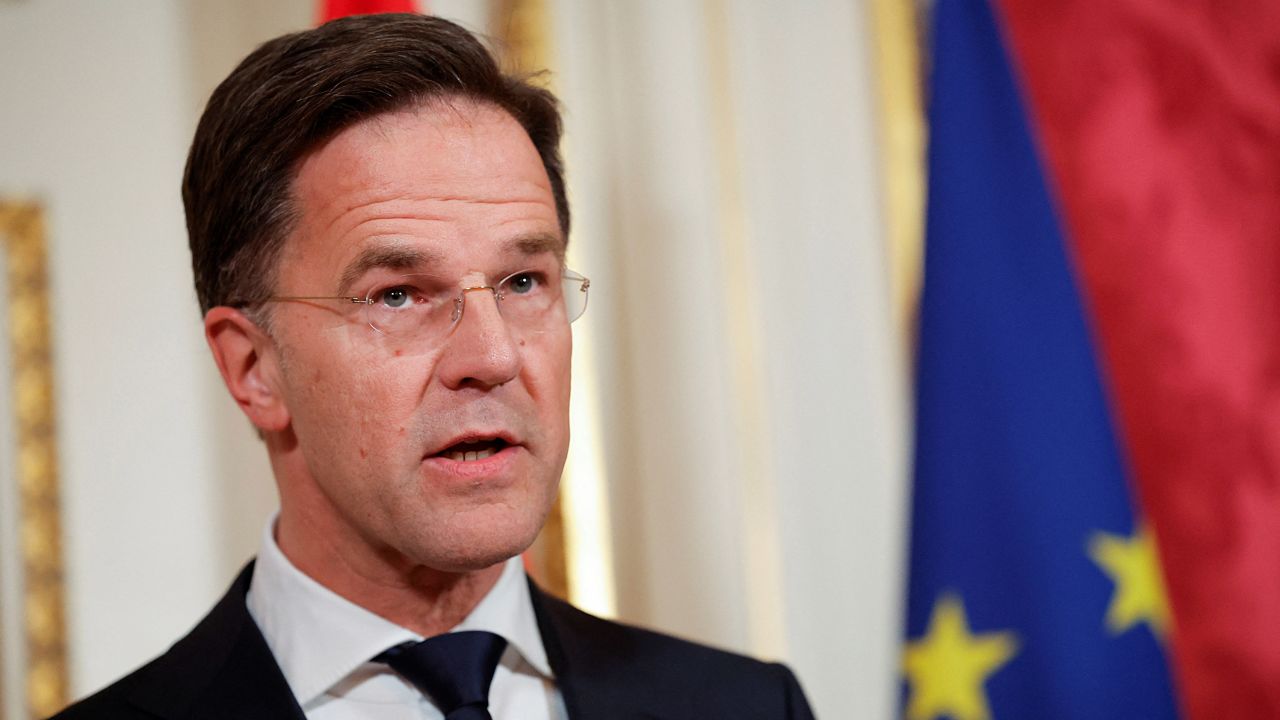
This article is more than
2 year old
Prime Minister Mark Rutte said Friday that his government would tender its resignation to the Dutch king, triggering new elections to be held in the fall.
Rutte, who has been in power since 2010 and is Europe’s second-longest serving leader, said that disputes over measures to restrict immigration had caused his four-party coalition government to fracture.
“It’s no secret that the coalition partners have differing opinions about immigration policy,” Rutte said at a press conference late Friday night, claiming that “those differences have become insurmountable.”
King Willem-Alexander has returned early from his vacation to meet Rutte on Saturday, when the Prime Minister will formally offer his resignation.
The move was sparked by differences between Rutte’s conservative VVD party and coalition counterparts over measures to limit the flow of asylum seekers to the country.
Rutte said the coalition had “lost its political foundation” after the breakdown in negotiations. “That is extremely regrettable and at the same time a political reality we cannot avoid,” he said.

As well as VVD, the current coalition government consists of the liberal D66 party, the centrist Christian Union and more socially conservative Christian Democratic Appeal.
VVD has proposed limiting entrance for the children of war refugees who are already in the country and making families wait for at least two years before they can be united.
Two of VVD’s coalition parties – the Christian Union and D66 – refused to support the restrictions, leading to the split.
“In the Netherlands we have a tradition of bridging differences. We are a country of minorities. We take each other into account. That is the only way we can come up with supported solutions. That’s why we made agreements with four parties,” Dutch Finance Minister and leader of the DD6 party Sigrid Kaag said Friday.
“After long and intense discussions, the cooperation in the coalition stopped today. D66 approached the talks constructively. The negotiations were tough. We have always sought the right tone, attitude, and content. Unfortunately, the differences turned out to be irreconcilable,” she added.
The number of applications the Netherlands received related to asylum jumped from 36,620 in 2021 to 47,991 last year, with most applicants coming from Syria, according to the Dutch Immigration and Naturalization Service.
As of May this year, the country had received 16,097 applications.
The government estimates applications could top 70,000 by the end of 2023.
Wopke Hoekstra, Dutch foreign minister and leader of the Christian Democratic Appeal, which supported Rutte’s policies, said the Netherlands had to “get a grip on migration.”
“The carrying capacity of our small, densely populated country is under pressure. People too often find themselves competing for housing, healthcare and education,” Hoekstra said Friday.
On Monday there will be a debate in parliament about the fall of the government. Parliament will return from its summer recess for that debate.
Rutte, 56, has led four consecutive governments and is expected to lead VVD into the new elections. By law, the elections cannot be held within 90 days after the resignation of a government, and summer and autumn recesses are likely to push the date into November.
With the issue of immigration rising in salience, some Dutch political analysts have speculated as to whether Rutte may be seizing on this issue in order to strengthen his own electoral position.
“Other parties in the coalition think that Rutte might have had an interest in this,” said Xander van der Wulp, a political reporter for CNN affiliate and Dutch national broadcaster NOS. “That he thought, migration is a good subject to break now, and then to start a campaign.”